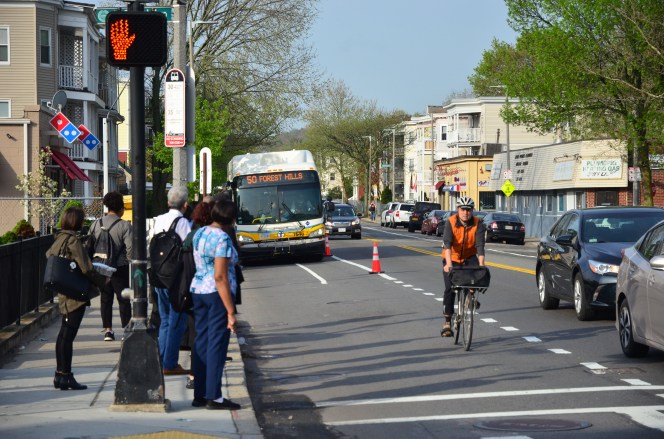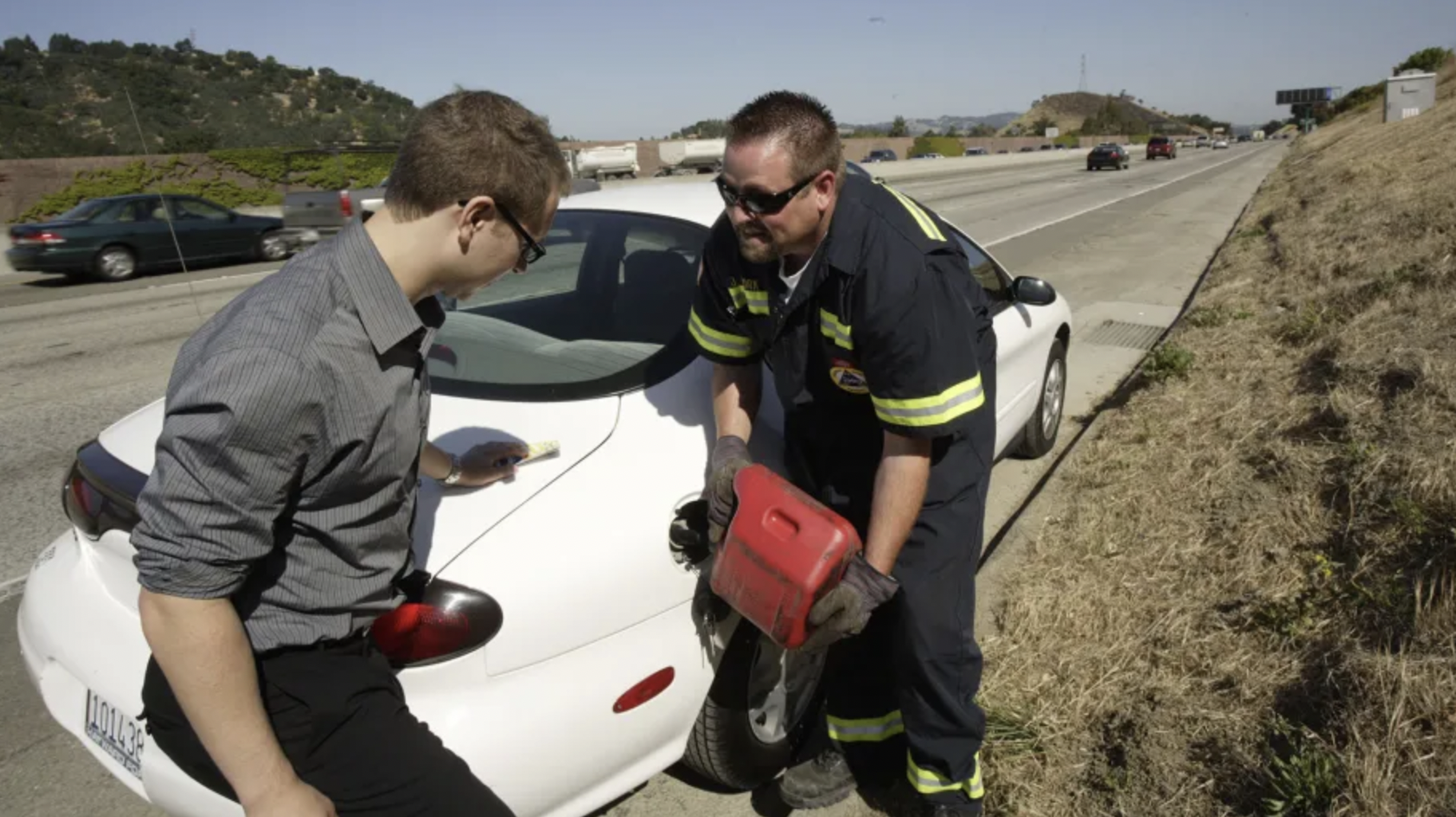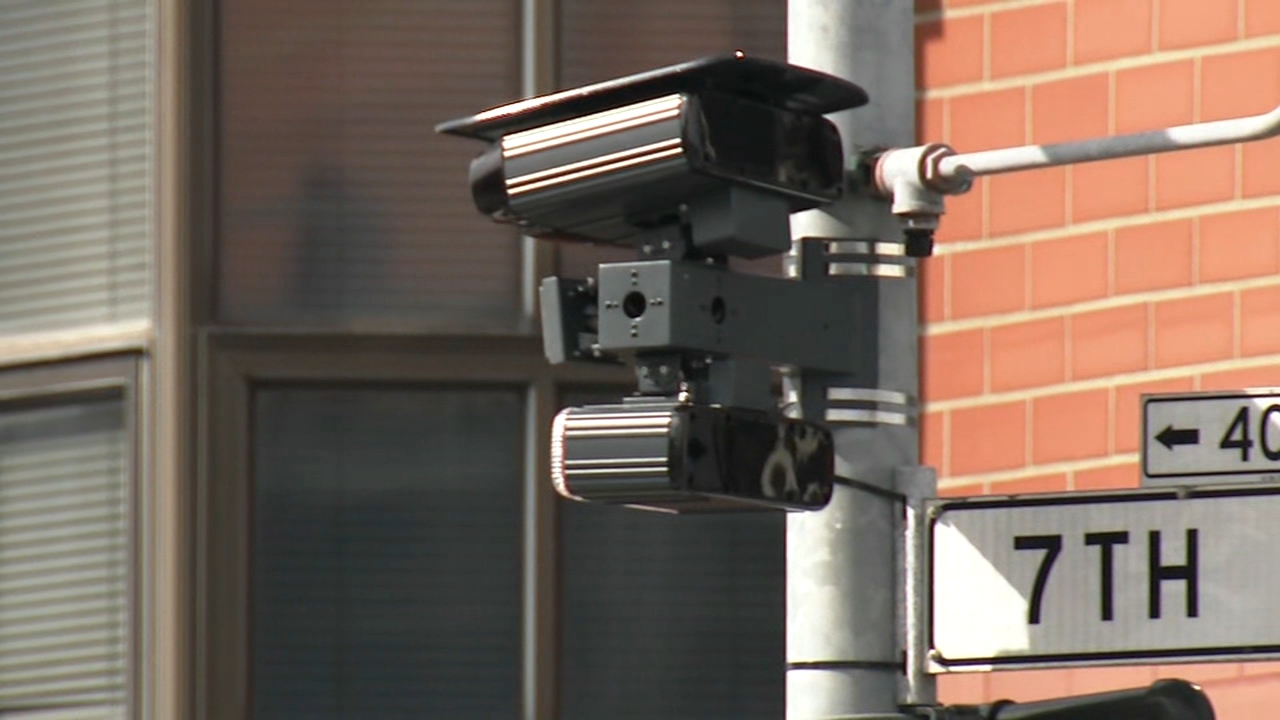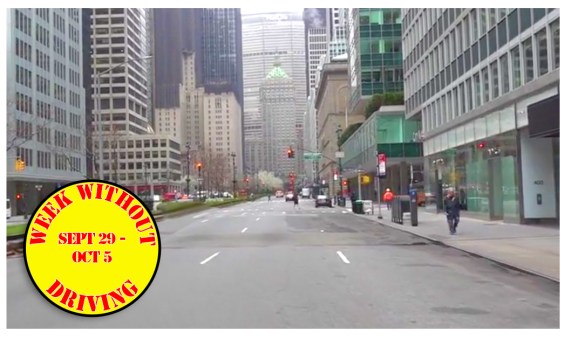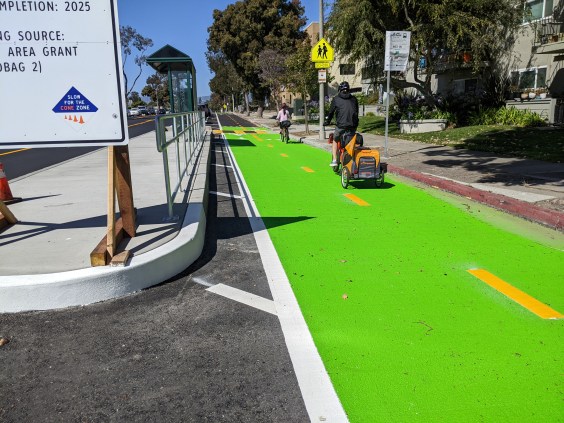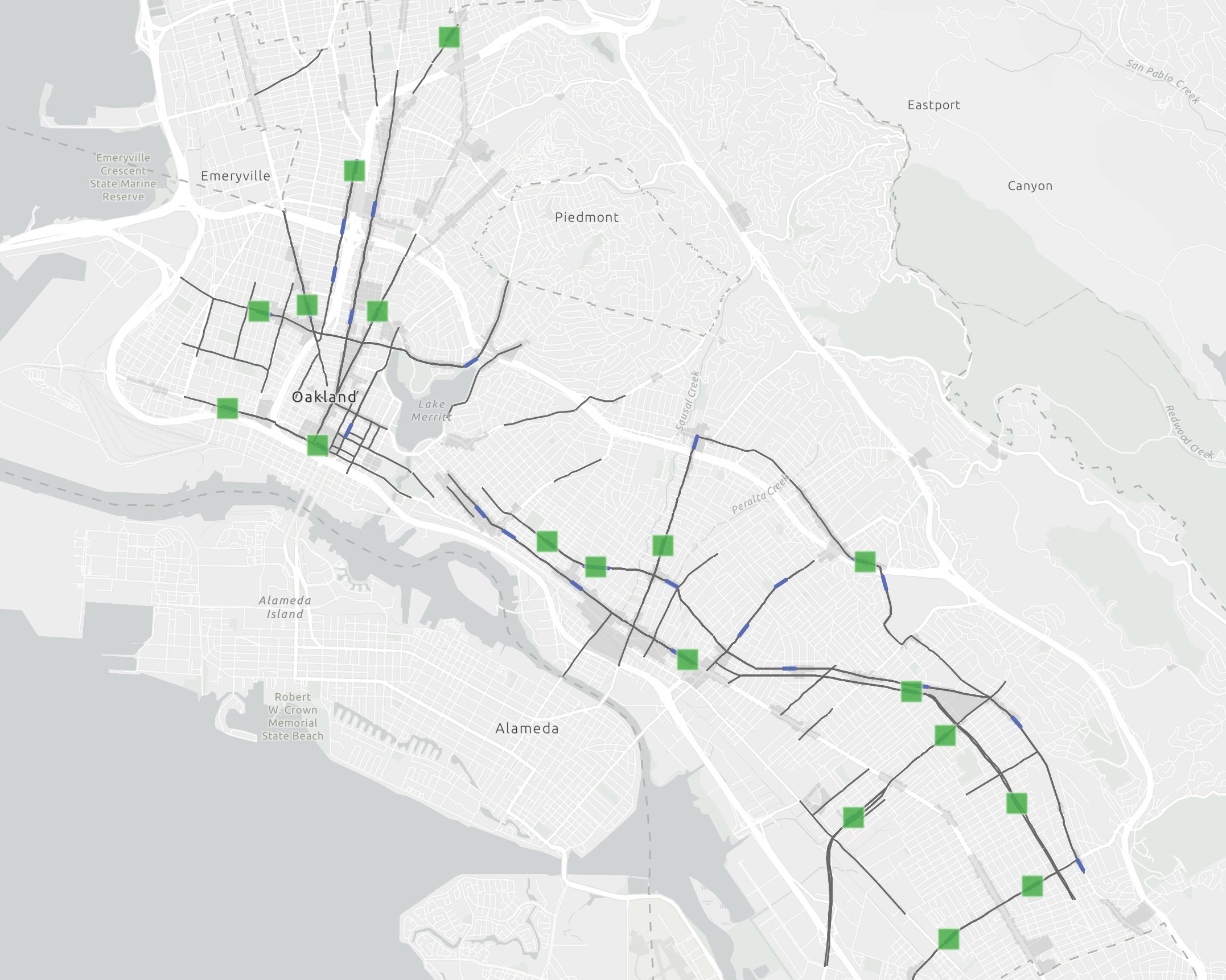For the last month, one of Boston's most important and most frustrating bus corridors got a big upgrade.
Each weekday, half a dozen bus routes carrying 19,000 riders travel the 1.2-mile stretch of Washington Street to the Forest Hill Orange Line Station. Most people on the street at rush hour are in a bus. But the commute can be terribly slow and unpredictable, because the buses don't have priority.
Council Member Michelle Wu, who commutes daily by bus along the route with her kids, says sometimes it takes half an hour just to go a mile.
That changed during a one-month pilot, when the city converted a parking lane on Washington Street into a bus lane during the morning rush hour. Cyclists were also allowed to use the lane.
Once the city cordoned off the lane for buses using orange cones, the improvement was noticeable immediately. Wu said the makeshift bus lane shaved the trip on Washington Street down to 10 minutes or less.
"Everybody’s been thrilled at what a difference it’s made," Wu told Streetsblog, "whether it’s on the bus or driving along side or on a bike."
But instead of keeping the temporary bus improvement in place while evaluating its impact, the city let Washington Street go "back to gridlock" Monday, reports the Boston community news site Universal Hub.
Wu was disppointed. "My initial hope was that the pilot would roll right into a permanent [bus lane]," she said. "I have not heard a single complaint from residents about how this worked until today when the pilot ended."
It's up to Mayor Marty Walsh to make the bus lane permanent. Walsh, for his part, has made speeding up bus service a priority in his upcoming budget cycle.
The cost of designating a permanent bus lane would be relatively small. But by letting the pilot expire, said Andrew McFarland of the local advocacy organization LivableStreets Alliance, "the city [is] actually electing to make more congestion for their residents."
